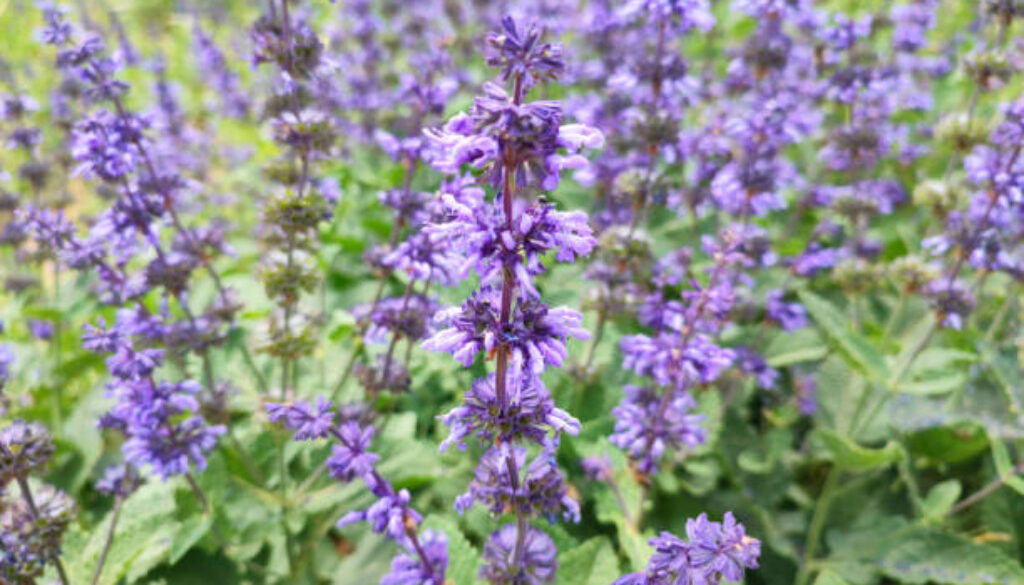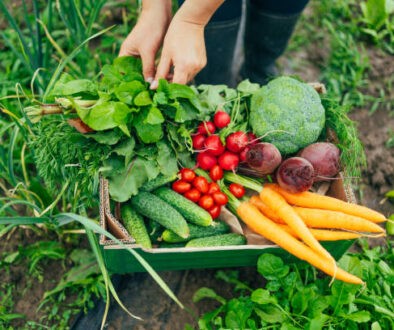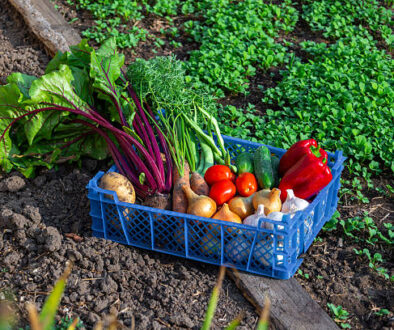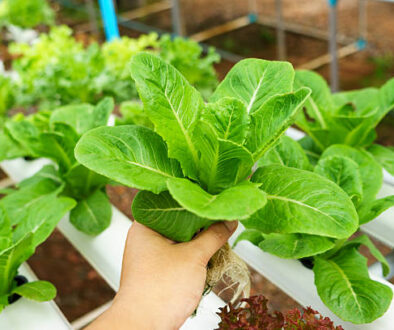14 Essential Herbs to Grow in Your Medicine Garden at Home
This post may contain paid and/or affiliate links. I may earn a small commission at no extra cost to you.
Want to create your own medicine garden at home?
Growing medicinal plants in a healing herb garden gives you that fresh, natural remedies right outside your door.
With the right herbal garden setup, you’ll build a healthy, thriving space that supports everyday wellness while adding beauty to your backyard.
Related:
- Herbal Medicine Garden Care Tips for Healthy, Potent Healing Plants
- Common Mistakes to Avoid When Growing a Medicinal Herb Garden
- Why Having a Medicine Herbs Garden at Home is The Best Thing You Can Do
1. Basil: A Must-Have in Your Medicine Garden
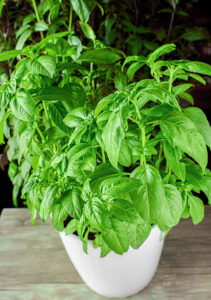
Basil isn’t just for pasta; it’s a natural healer too.
This powerful herb helps ease digestion and fights inflammation.
You can grow it easily in pots or garden beds, making it a staple in your herbal medicine garden.
Fresh basil leaves also boost your immune system and add flavor to your meals.
2. Mint: Refreshing and Healing
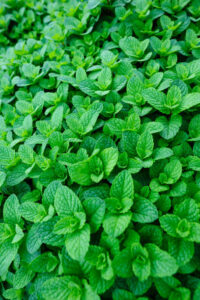
Who doesn’t love the cool taste of mint?
Beyond its flavor, mint relieves headaches, soothes upset stomachs, and helps with congestion.
Add it to your herbal garden, and you’ll always have a quick remedy for common issues.
Plus, mint spreads fast, making it a strong companion in garden companion planting.
3. Lavender: Calm in Your Healing Garden
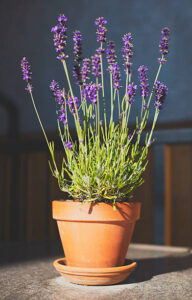
Lavender brings peace to both mind and body.
This fragrant herb reduces stress, improves sleep, and even helps heal minor burns and cuts.
With its purple blooms, lavender also makes your healing garden design beautiful and relaxing, a true mix of wellness and charm.
4. Chamomile: Gentle but Powerful
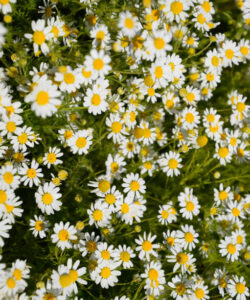
Ever tried chamomile tea before bed? This soothing herb calms nerves, aids sleep, and supports digestion.
Adding chamomile to your medicinal herb garden means you’ll always have a gentle, go-to remedy for restless nights and stomach discomfort.
5. Rosemary: Boost Your Memory Naturally
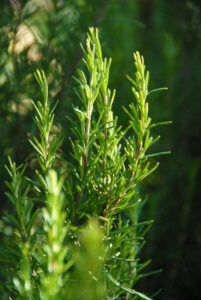
Rosemary does more than flavor roasted potatoes.
It’s known to improve focus, memory, and circulation.
This hardy herb thrives in many climates, making it perfect for your herbal garden.
With a little sunshine and care, rosemary becomes a year-round support for your brain and body.
6. Thyme: Small but Mighty
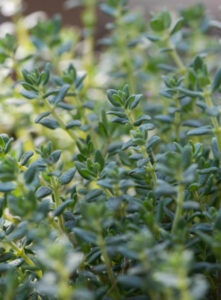
Thyme is packed with antibacterial and antifungal properties.
A cup of thyme tea helps fight coughs and colds, while the leaves make a flavorful seasoning.
Planting thyme in your medicine garden means you’ll always have this small but mighty healer within reach.
7. Sage: Nature’s Cleanser
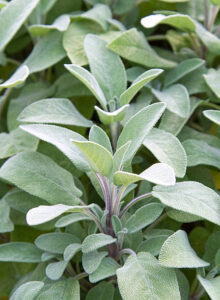
Sage isn’t just for holiday stuffing; it’s a cleansing herb that supports digestion, eases sore throats, and boosts memory.
Growing sage in your herbal medicine garden also keeps pests away, making it a natural helper in garden companion planting.
8. Echinacea
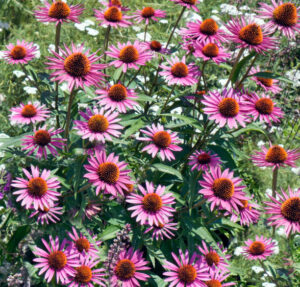
Echinacea is a well-known immune booster. It helps your body fight colds and infections faster.
Adding it to your medicinal herb garden means you’ll always have a natural defense against seasonal sickness.
Its bright, daisy-like flowers also make your garden look vibrant.
9. Calendula: The Skin Soother
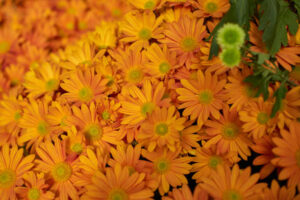
Calendula is often used in balms and creams for skin healing.
It reduces inflammation, helps wounds heal, and soothes rashes.
This golden bloom not only makes your medicine garden beautiful but also provides endless benefits for natural skincare remedies.
10. Lemon Balm: Mood Lifter
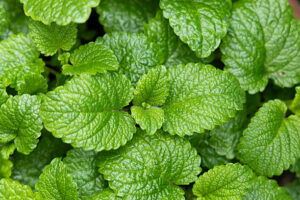
Feeling stressed? Lemon balm is your answer.
This calming herb reduces anxiety, improves sleep, and supports digestion.
Add it to your herbal garden, and you’ll always have a natural way to lift your mood and keep calm through life’s ups and downs.
11. Oregano: Flavor and Protection
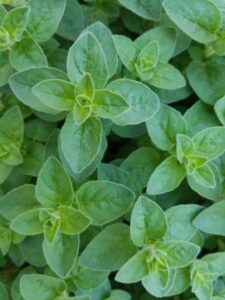
Oregano is a flavorful herb with serious antibacterial and antiviral powers.
It helps fight infections and supports your immune system.
Growing oregano in your herbal medicine garden means you’ll always have this protective herb for both cooking and healing.
12. Yarrow: A Natural Healer
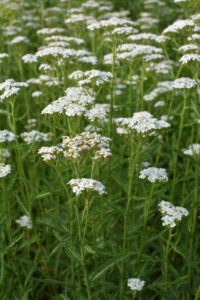
Yarrow is a classic herb for wound care—it helps stop bleeding and speeds up healing.
Adding it to your medicinal plants collection gives you a practical, traditional remedy right at home.
Yarrow also attracts pollinators, making your herbal garden even more lively.
13. Valerian: Rest Easy
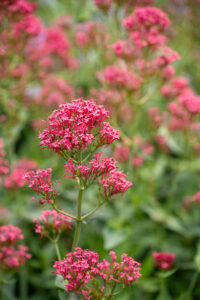
If you struggle with sleep, valerian is a game-changer.
Known as a natural sleep aid, it also eases anxiety and muscle tension.
Growing valerian in your medicine garden ensures you always have a natural, reliable way to relax after a long day.
14. Aloe Vera: The Everyday Healer
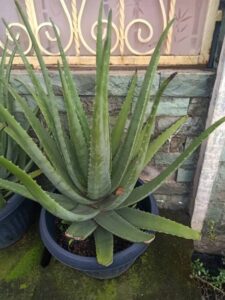
Aloe vera is one of the most versatile medicinal plants you can grow.
Its gel soothes burns, hydrates skin, and supports digestion when taken properly.
No healing herb garden is complete without this everyday hero—it’s a must for both health and beauty care.
Conclusion
Creating a medicinal herb garden at home is one of the smartest choices you can make.
Not only do you get fresh remedies right at your fingertips, but you also enjoy the beauty and balance of a thriving healing garden design.
With these 14 essential herbs, your medicine garden will become a natural pharmacy and a peaceful retreat all in one.
FAQs
- What’s the easiest herb to grow in a medicinal herb garden?
Mint is one of the easiest because it grows fast and needs little care. Just remember—it can spread quickly, so give it space. - Do I need a big yard for a herbal garden?
Not at all. Many herbs grow perfectly in pots or small raised beds, making them ideal for balconies, patios, or even sunny windowsills. - Can I mix medicinal plants with vegetables in garden companion planting?
Yes! In fact, herbs like basil, thyme, and sage keep pests away, making them perfect companions for tomatoes, peppers, and beans.
4. How do I keep my herbal medicine garden healthy year-round?
Focus on good soil, enough sunlight, and regular pruning. Dry or freeze your herbs at harvest time so you can enjoy their benefits even in the off-season.
